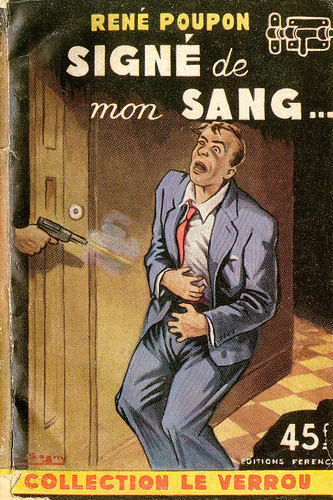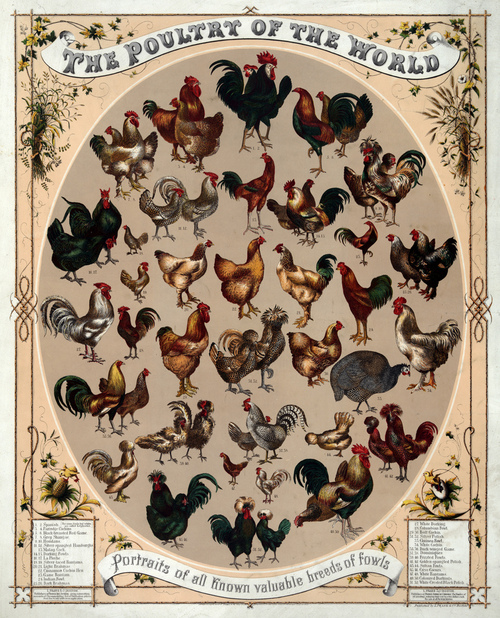“When Violet and Denys finally get married, after Vita decides just before the wedding not to go through with the plan for the two women to elope (she had heard from Harold, and ‘something snapped in my mind’), the honeymooners and Vita all find themselves in Paris together, and Vita takes Violet away from Denys (‘I wanted to say “Don’t you know, you stupid fool, she is mine in every sense of the word?”), then Denys takes her back from Vita (‘That night I dined at the Ritz, and from the open window of her room Violet watched me, and Denys sobbed in the room behind her’, and the general conclusion is that ‘That day seems to have made a great impression upon him’ – well, I suppose it would) after which ‘they went away to St Jean de Luz, and I went to Switzerland with Harold’, and then they all go back to England, but soon the girls are off again, to Paris (‘I used to sit in cafés drinking coffee, and watching people go by’ – fancy!) and Monte Carlo (‘divine’), where ‘a complication arose over Denys announcing his arrival at Cannes’ (by now his blue eyes must have been damned near falling out of his head, never mind starting), and they all form twos again and go back to London, but then Violet goes off to Amiens, where Vita is to join her, for ever this time, only when Vita follows she takes Denys along, which complicates the situation until Denys says he will leave them and never come back (‘Denys cried the whole way’), but he does come back, this time travelling with Harold and only a couple of lengths behind Violet’s father, and then Harold actually suggests that Violet may have slept with her own husband (‘I thought I should have gone mad when she said that’) so Vita makes a scene and goes off with Harold from Amiens to Paris, and Violet’s father catches the same train, but no sooner do they get to Paris than Violet turns up (maybe she was at the other end of the train), and the two girls go up to Harold’s and Vita’s room, whereupon Harold bursts in with Denys (how many people were on that train, for God’s sake?), and Denys swears that he has never done anything unbecoming with his own wife (‘I promise you there has never been anything of that kind between Violet and me’), which mollifies Vita a little, ‘but still it was bad enough that she should have deceived me even to a certain extent’, and then it all gets rather confused, except that at one point Vita goes to Paris, Violet goes to Bordighera and Denys goes to Cornwall (no mention of Harold – perhaps he’s just gone to bed), and among other places visited by the various parties are Avignon, San Remo and Venice – oh, now I remember where Harold was – he says he has been ‘spending his time with rather low people, the demi-monde’, and he sums up by saying ‘my heart feels like a pêche melba’, and then Violet fades away and Harold and Vita live happily ever after, apart from Vita’s having an affair with Virginia Woolf, and another one, just to vary things, with Geoffrey Scott, while Harold…
“The long and the short of the matter is that practically everybody in this ludicrous story has a nice comfortable income, apart from the charwoman whom Vita steps across when visiting Violet early one morning, and of whom she says ‘There was a dreary slut scrubbing the doorstep’. When you have plenty of money you can not only afford to rush about between London and Amiens and Paris (where you stay at the Ritz, of course – well, I mean, doesn’t everybody?) and San Remo and Bordighera and Monte Carlo and Avignon and Venice; you can also afford (if you are silly enough to want to) to spend your time striking grotesque poses, keening over your own emotions, and saying things like ‘I had been vouchsafed insight, as one sometimes is’. The ‘dreary slut’ scrubbing the doorstep could no more afford the poses than she could afford the travel, and I would dearly like to read her diary, particularly if it contained a passage about some stupid, snobbish, affected woman who stepped right on to her nice clean doorstep the minute after she had just whitewashed the bleedin’ thing.”
Bernard Levin, reviewing Portrait Of A Marriage by Nigel Nicolson in The Observer, 28 October 1973, collected in Taking Sides (1979).
ADDENDUM : Elsewhere in the collection, Levin writes thus of Yoko Ono’s husband (in 1974): “There is nothing wrong with Mr Lennon that could not be cured by standing him upside down and shaking him gently until whatever is inside his head falls out.”



